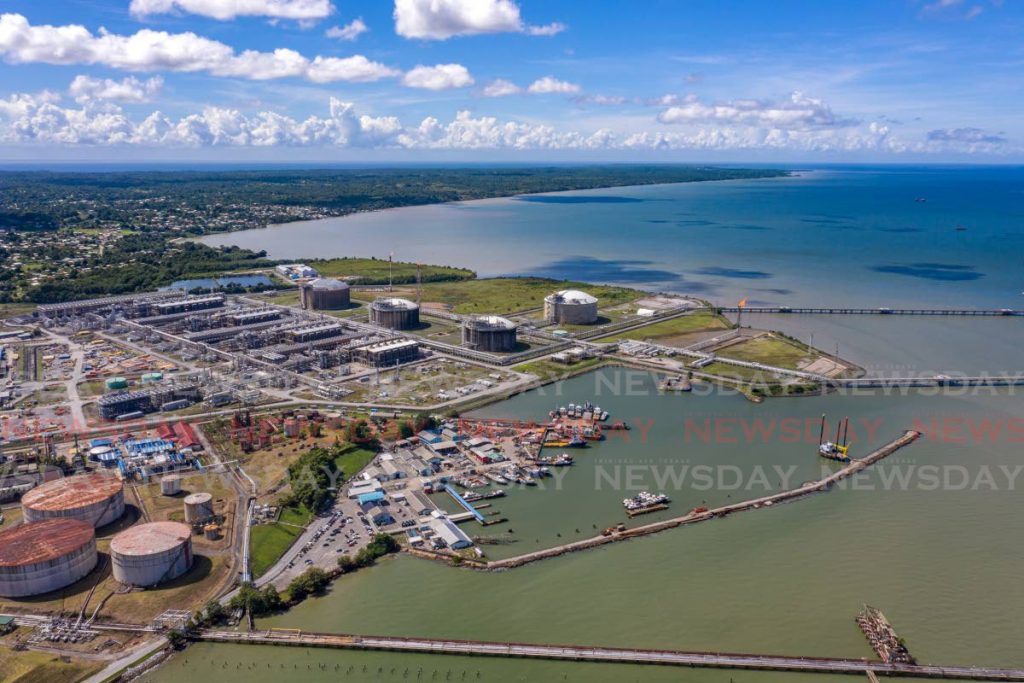Gas prices are up – close but no cigar

For all the talk of doom and gloom, our short-term economic outlook is surprisingly rosy. Natural gas prices are the most bullish they’ve been in years.
There are a few fundamental reasons why natural gas prices have shot up recently. In the short term, the answer is straightforward. It is getting colder as northern countries approach winter, so more people crank up the heat. Most traders are anticipating a spike.
This is nothing new of course. It happens every year – so we shouldn’t get terribly excited. It certainly won’t impact any decisions on whether to liquefy and export more natural gas, or affect the negotiations between the government and the energy companies on how much the country should take relative to the energy companies.
That is dependent on the long-term price outlook, and how successfully each side can bluff. Atlantic LNG is a company that was formed to liquefy the natural gas produced by the big gas companies like BP and Shell, so it can be shipped out and sold to Asian markets, secured by long-term contracts.
One of the ways the government gets paid (apart from straightforward taxes) is that it owns a minority stake in one of the subsidiaries of Atlantic LNG – Train 1 – alongside the upstream gas producers, primarily Shell and BP. Their current wrangling is temporary. The energy companies will say that Train 1 is uneconomical and try to divert the gas to other trains where they have a better take. The government will likewise bluff – it can’t overplay its hand, as if their take is too big, then the majors will mothball the whole project – they have other options in other countries.
In the last two years, places including Brazil, Canada, the European Union and China have committed to reduce carbon emissions. Shutting down coal electricity plants and switching to natural gas is the fastest way to reduce emissions in the medium term, to buy time for countries to switch to renewables without burning cash in the short term. It is also increasingly the obvious choice for ships globally, as well as an easy way for iron and steel plants to cut emissions, relative to their sootier old ways. The result of this is a significant demand for gas that is likely to continue bolstering prices.
As has long been the case, supply is likely to continue to lag behind. That’s because the facilities to produce and liquefy natural gas are huge and long term. With pressure on energy companies to continue their march towards renewables, relatively fewer natural gas facilities are likely to be built, leaving existing ones well placed to service rising demand.
Ironically enough, despite our horrendous contribution to carbon emissions, our gas-guzzling economy is set to benefit in the short term from the fight against climate change.
But for several years in TT, the real question has not been prices, but production. The answer there is that there are a few promising finds, but nothing spectacular. As new finds are monetised, the net result is likely that we’re able to replace our existing production, but not necessarily boost it by all that much.
What does all this mean for us? Higher prices and stable production are decent news for us in the short term, and life will begin to feel a bit better next year after years of decline. After years, things are finally looking up.
I know, I know: almost all of this is due to global fundamentals. But we need a ray of light to buoy us through. If that light is a bit more energy cash in the short term – so be it.
The question is whether the government will use this breathing room for deeper structural reform. Whether the banks and investors will use the breathing room to break out of our entrenched risk aversion, and whether the private sector will use the breathing room to break out of its complacency.
In the upcoming national budget there are two potential narratives, one likelier than the other. One will celebrate the news of soon-to-be rising energy outlook and reveal little in the way of structural changes or regulatory reform.
The other will celebrate rising energy revenues, but hold fast the lessons of the darkest times of 2020, when oil was briefly negative. It will acknowledge the strengthened buffers that the gas outlook provides, but announce sweeping reforms to free the private sector, and targeted investments to catalyse growth. We may hope it is the latter.
Kiran Mathur Mohammed is an economist and co-founder of medl, an IDB Lab and Microsoft-backed social impact health tech company. Send feedback to kmmpub@gmail.com .


Comments
"Gas prices are up – close but no cigar"